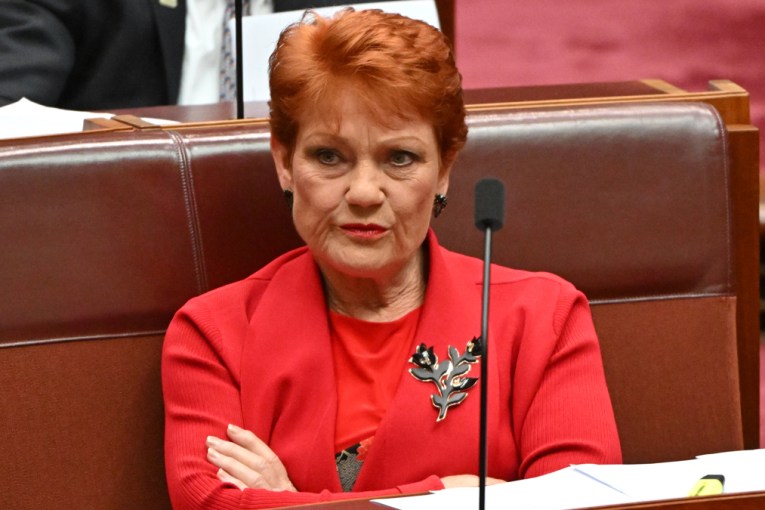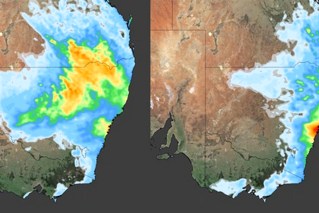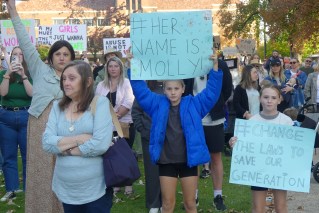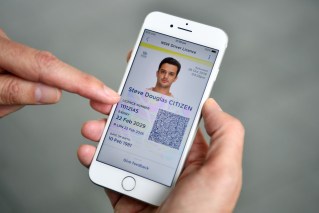CEOs beg for vaccinations in pubs, public education campaign


Offering vaccinations at pubs? It would be a very Australian thing to do. Photo: Getty
A number of “exciting ideas” like vaccinating Australians at pubs or Bunnings will hinge on the federal government receiving enough COVID jabs in coming months, Josh Frydenberg has admitted, as business leaders push for an urgent public awareness campaign to finally roll out.
“There is too much misinformation and misguided fear around vaccination and it is time to fix that,” Virgin Australia CEO Jayne Hrdlicka said after a meeting with the Treasurer on Wednesday.
With Pfizer vaccines still in relatively short supply, and confidence dented by overblown concerns about very rare medical issues with the AstraZeneca vaccine, Scott Morrison is sweating on millions of doses arriving on time in coming months to supercharge the rollout.
A number of suggestions put forward by Qantas, Wesfarmers, Coles and others on Wednesday will be decided on supply numbers.
Overseas, pharmacies and supermarkets have delivered jabs, while car parks and sports arenas have been used as mass vaccination sites; but Australia’s lack of large supply of vaccines meant our rollout has been largely restricted to hospital clinics and GPs.
Business leaders have pleaded with government to be brought into the fold, arguing they can get their employees vaccinated in the workplace or use their resources to speed up the process.
Asked why the federal government has only now – nearly five months into the vaccine rollout – held its first meeting of this type, Mr Frydenberg said it had been too early to lock in any such ideas.

Josh Frydenberg and COVID-19 Taskforce Commander, Lieutenant-General John Frewen. Photo: AAP
“It has been subject to getting more supply online,” Mr Frydenberg said on Wednesday,
“As more supply comes online, using businesses and their resources is going to be important.”
Mr Frydenberg said the government had been engaging with business on vaccines for some time, and that Wednesday’s meeting was about “accelerating” those talks.
The meeting locked in no concrete proposals, but Mr Frydenberg said it would be “the first of a number” with business leaders.
Labor’s shadow treasurer Jim Chalmers asked why it had taken so long.
“If this conversation with business was so important, why did it take Josh Frydenberg 18 months to arrange it? Once again: The problem wasn’t a lack of business input; the problem here is a lack of vaccines,” he said.
“No amount of staged photo opportunities with CEOs or generals can make up for the debacle [Mr Morrison] has made of this vaccine rollout.”
Mr Frydenberg was cagey on what exactly was discussed, noting only previously flagged proposals he described as “very interesting and exciting ideas”, such as businesses like Bunnings becoming vaccination sites or airlines offering frequent flyer points as incentives. But following the meeting, numerous big business leaders shared exactly what they were calling for.
The Australian Industry (AI) Group, representing employers, said airports, shopping centres, industrial parks and even pubs would be “very worthwhile potential vaccination sites”.
“AI Group stressed at the meeting that many businesses are eager to host workplace-based vaccinations when supplies are available,” chief executive Innes Willox said.
Virgin’s Ms Hrdlicka said her company was keen to support an ad campaign to fight “misinformation” on vaccines.
“What is also needed is a public education campaign, fuelled with information from around the world, to help people understand the safety and efficacy of each of the vaccine choices,” she said.

Jayne Hrdlicka. Photo: AAP
She didn’t touch on Mr Willox’s calls for airports to run mass vaccine clinics, but said that employers running their own on-site programs were critical.
“Big employers have the ability to stand up vaccination programs very quickly … Having large employers run vaccination programs would take pressure off government, get a large number of people vaccinated in a short period of time, and bring private sector efficiencies and capabilities into the equation,” Ms Hrdlicka said.
Wesfarmers managing director Rob Scott said his group wanted to get involved, but stressed there was “much to work through” on “what is feasible.”
“Some of our locations may be suitable as vaccination points, especially stand-alone sites like Bunnings and Officeworks, and in regional locations, but not all sites will be suitable or make sense,” he said.
“In some locations, it may be more appropriate to agree the best use of shopping centre space, rather than individual businesses with that centre.”
Mr Scott said some Wesfarmers businesses were preparing to offer incentives for vaccination, plus paid leave to permanent employees to help them get a jab.
However, the biggest incentive is likely to be the broader benefits and freedoms that eventually will come to those who are vaccinated,” he said.
Australian Hotels Association CEO Stephen Ferguson said his group would encourage pubs and clubs to communicate “the benefits of vaccination” with staff and customers, and were keen to explore using hotels in remote areas as vaccine clinics.








